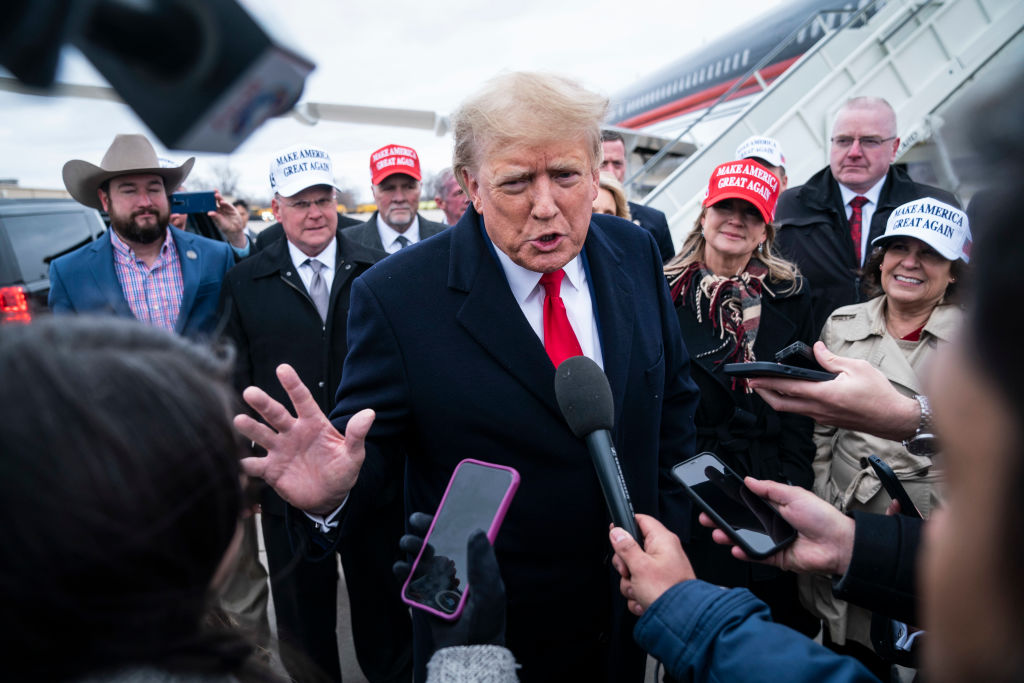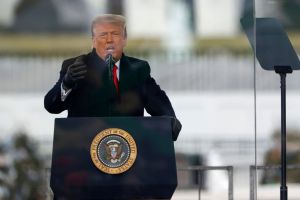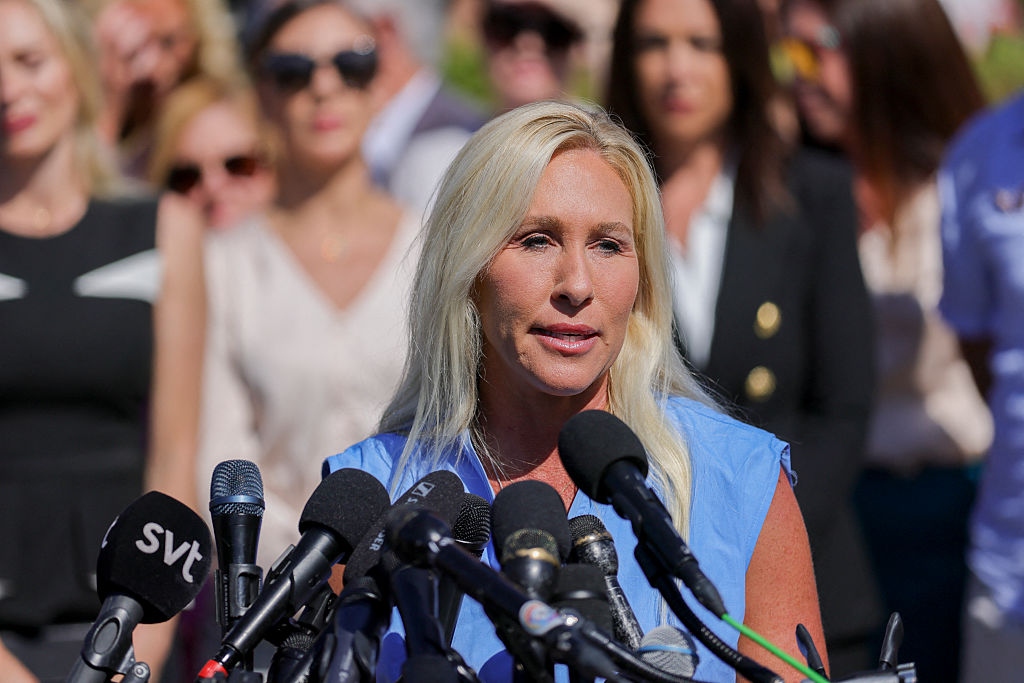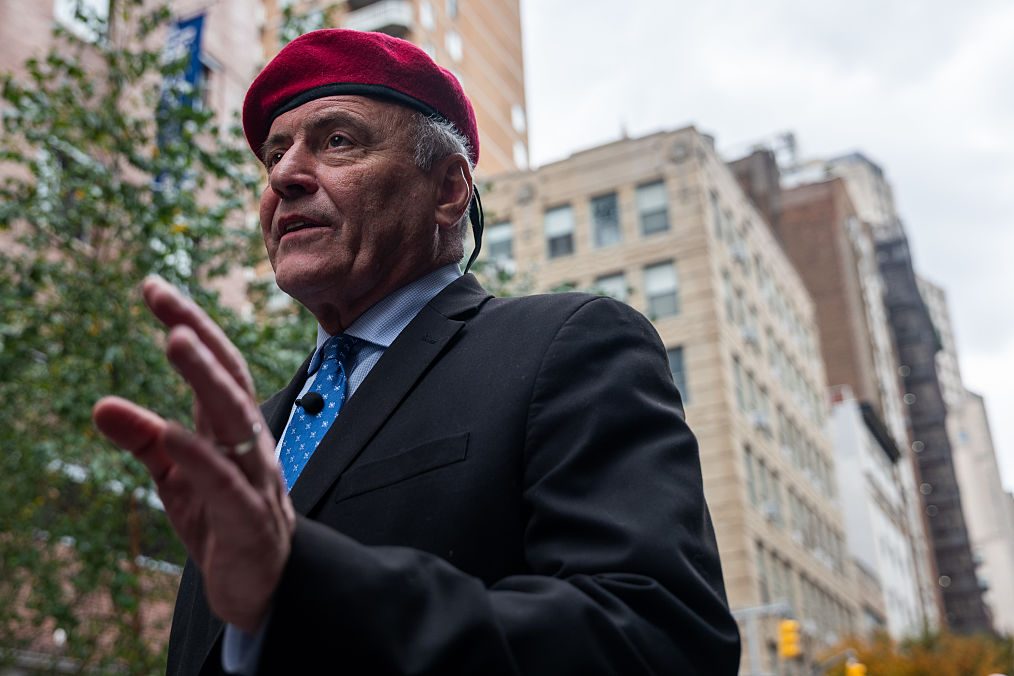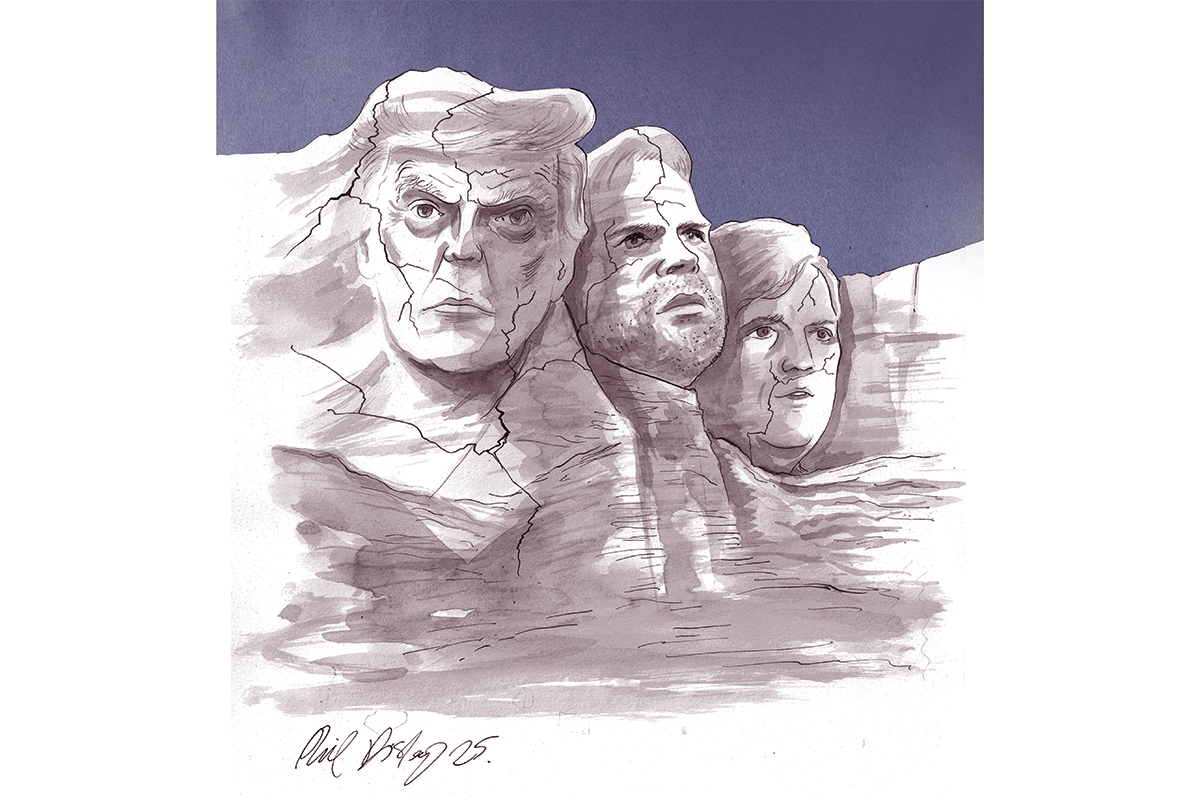The indictment of former president Donald Trump by Manhattan district attorney Alvin Bragg is striking for a number of reasons. There is its historic nature, unprecedented and indicative of the weaponization of government entities by partisans who head them. There is the questionable nature of its allegations, which no serious legal scholar believes could pass muster. And then there is the total bifurcation of reaction: for Democrats, they are approaching this conclusion with less joy than solemnity, a gritted teeth approach to revelations that might once have had them dancing in the streets. For Republicans, they seem far less concerned: they think it will even help Trump, and certainly not hurt him, with the American electorate.
It’s possible that everyone is wrong about this. The GOP primary voter may certainly run to back Trump in the face of this attack, but after Russiagate, two impeachments, and the Mar-a-Lago raid, how much more can be done to solidify his support?
As for independent voters, it’s certainly possible the cloud of indictment could turn some of them off — but they were also people who forgave Trump, infamously and surprisingly, for the NBC News “grab em” tape.
And for Democrats, it’s difficult to weaponize this case because of how abnormal and baseless it seems — and not conducive to their more powerful message of election denialism. In the post-Bill Clinton era, are hush money payments even a crime?
The fact that this seems like a partisan case based on a technicality, and a stretch of one at that, is likely to drive the narrative — one reason why Henry Olsen writes Bragg was wrong to pursue this case given the precedent it sets for conservative prosecutors in red state venues:
“Regardless of what people think about Trump or the facts of the case, it’s not hard to see the problem. New York state’s entire judicial process is controlled by Democrats who could lose their positions in party primaries. Alvin Bragg, the district attorney overseeing the case, boasted during his campaign that he had sued Trump or his administration more than 100 times during his tenure in the state attorney general’s office, something he probably did to curry favor with primary voters who loathe Trump. Every New York state judge who would either try the case or hear an appeal is elected on a partisan basis, too. It would take a lot of courage for a judge to apply the law fairly and potentially ignore their voters’ desire for vengeance. Imagine if Joe Biden were prosecuted after his presidency in an overwhelmingly Republican jurisdiction. Democrats would rightly howl if an ambitious GOP district attorney did to Biden what Bragg is doing to Trump.”
The John Edwards case, the multiple Clinton cases and numerous other political designs for nondisclosure and hush money payments have been around for a long time in American politics. In 1920, after Warren Harding gained the GOP nomination for the presidency, the Republican Party decided that rather than risk the discovery of a series of hundreds of love letters he had written to his neighbor and mistress Carrie Fulton Phillips, they sent her and her husband on an all-expenses paid vacation to Asia — along with a lifetime stipend. “Phillips was a worldly woman — she hung the threat of exposure over Harding’s head to great profit, receiving from the RNC a gift somewhere between $20,000 and $25,000 (more than $297,000 today), in addition to her monthly hush money.”
The point is that as unseemly as these things are, they are not new — and Americans, with rare puritanical exceptions, are not interested in them. To engage in such historically unprecedented legal assault on a former president sets a new standard for how far lawfare partisans are willing to go — and it will only further, in the short term at least, the levels of distrust among voters for all the systems we are supposed to have faith in as citizens of this country.



